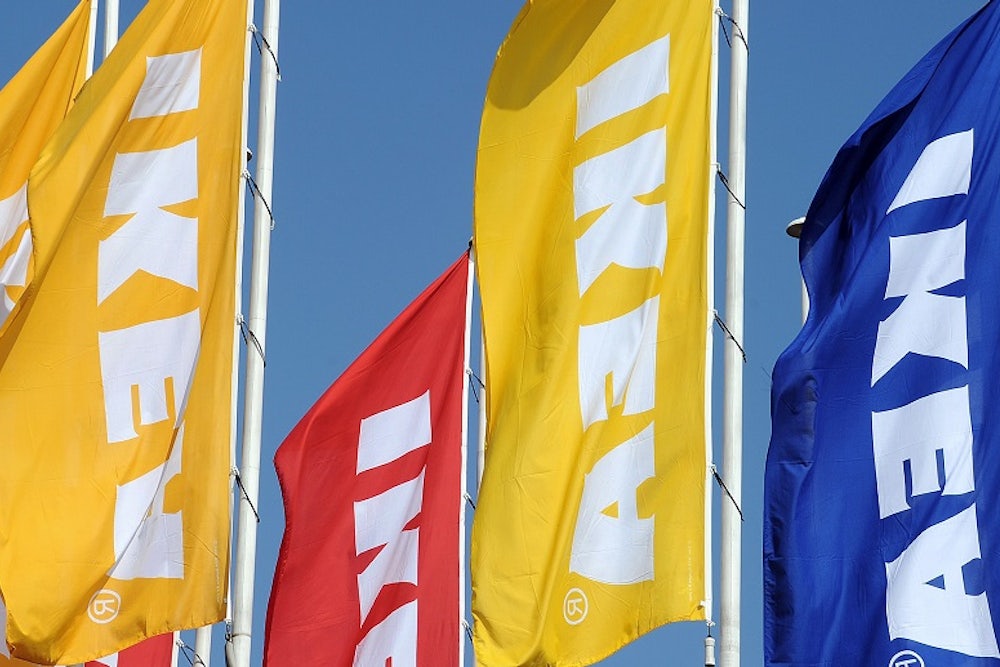Over the past few months, we’ve seen a stream of companies announce that they are raising the minimum wage they pay their employees. In February, Gap announced that it was raising its lowest wage to $10 an hour. On Thursday, it was Ikea’s turn. The Swedish furniture store announced it is raising the minimum wage in its 38 U.S. stores. But Ikea added a smart twist: They will tie the wage level in each store to the cost-of-living in the surrounding area, meaning Ikea workers in Pittsburgh will receive a different hourly wage than those in Woodbridge, Vermont.
At first glance, this may seem unfair. Those workers in Woodbridge and Pittsburgh are doing the same jobs. Why shouldn’t they receive the same pay? But Ikea has the right idea. The minimum wage is an arbitrary interference with the free market. Most economists justify it, and most Americans support it, because they want to make sure low-wage workers have an adequate standard of living. But living standards vary widely across the country. Housing and food are much more expensive in New York City than in Nashville. The minimum wage in each city should reflect that. Here's a map from the Census Bureau of median household income. It varies a lot across the country:

You might be wondering why the federal government doesn’t follow suit, and set the minimum wage based on state rather than establishing one standard for the entire country. One answer is that the federal government is effectively establishing a floor for the minimum wage. Right now it’s $7.25 an hour. States are free to set higher levels and many have done so. (Cities, too—Seattle just voted to set its minimum wage at $15 per hour.) And if the federal minimum wage didn’t exist, some conservative states would undoubtedly choose to abolish the minimum wage altogether. This would create a “race-to-the-bottom” where states have no choice but to reduce their minimum wage to attract companies. For many conservatives, this is the free market at work. But for liberals, this undermines the entire purpose of the minimum wage.
Also, setting the minimum wage by locality is easier said than done. It’s tough to find good wage data in most areas. “It’s one thing if you’re trying to set labor market policy for Chicago, where you’re going to have pretty decent data, but when you get to mid-size and small cities or rural areas, the data that we have is just not as available,” John Schmitt, a senior economist at the Center for Economic and Policy Research, told me a few months ago. “When it is, it’s available with big lags.”
Ikea has apparently determined that the data in cities where their stores are located is detailed enough for them to determine the proper minimum wage. Whether or not that data is actually good enough to be used for such purposes is unclear. I have trouble believing that data from Woodbridge, Vermont lives up to that standard. But give the company credit for trying to do right by its workers—and to do so in a smart way.
